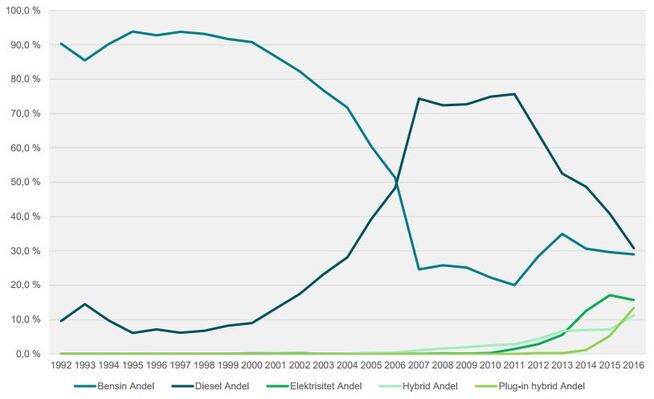dc_h
Active Member
No solar yet. I expect after NY plant is running.The early on design renderings of the GF included a massive array of solar panels coming from then SCTY. Where are they fitting into this situation? I find it hard to believe Tesla/Elon is totally relying on Los Vegas for powerTrying a little humor here. This just does not sound right to me
Is he really dancing around this problem ~ get it, night club dancing in Los Vegas
Just as parking. With the total recall, okay, I mean design detail we see of Elon, I find it hard to believe parking was not considered an integral overall part of the architectural layout. I drove out to the GF last year and I was about the only car on the road, granted it was not 0730Also, there was a manned guard shack with two lanes going into the property. No, drawbridge entry.
I have lived too many years around military posts, and have only once or twice encountered surge back ups of traffic going onto a post. Usually, a surge situation was caused due to an emergency and caused a change in procedures. In all cases, it was rectified quickly.
If actuall physical parking is a problem, then why did Tesla not put in parking garages? Still, why not do it now? They put in garage style parking while I was attending El Camino Community College. So, I think Tesla, and them employees are able to handle it. Where are the drone films of the backed up traffic? There used to be folks that would take the time to film the progress of the GF
Parking, I wonder why they wouldn’t provide a toll road like device to speed ingress and maintain security.
They should be doing busses too. Save the road for the trucks.



